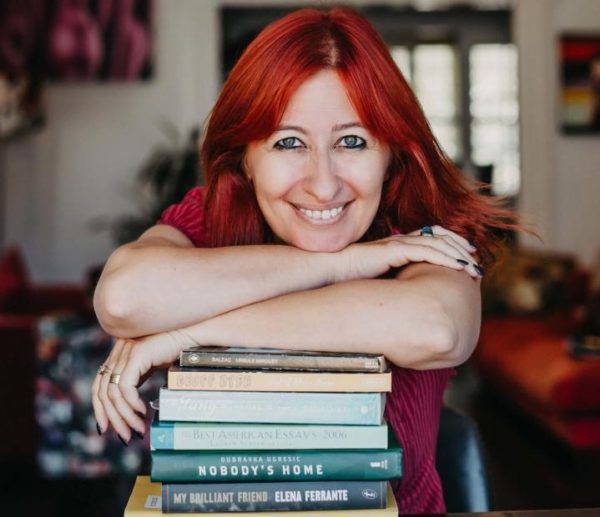
FWA: Why do you think memoir is such a compelling genre?
LK: Memoir writers put themselves on the line in various ways, grappling with many ethical issues. This is, in large part, because it is literally impossible to tell your own story without telling other people’s stories too. The risks memoirists take often infuse their works with compelling urgency. Plus, when you write about your own life you are telling exactly the kind of a story only you can tell. This, too, is why well-written memoirs feel urgent and authentic. Reading a good memoir is like meeting an interesting stranger, bypassing all the small talk and delving at once into a deep conversation about things that matter.
FWA: Can you tell us about one or two memoirs that you think are benchmark works and why?
LK: I find it difficult to choose as my bookshelves hold quite a few remarkable books. So I’ll mention four. All these memoirs are emotionally complex, which is for me a pre-requisite for a good memoir. For a compelling, poignant, strikingly honest and urgent narrative I recommend Ann Patchett’s Truth and Beauty. Alice Pung’s Her Father’s Daughter experiments with point of view and is exemplary in how it effectively combines history, family history and narrator’s story. Geoff Dyer’s Out of Sheer Rage is incredibly funny and inventive in its combination of memoir with literary criticism, travel writing and biography. And Karl Ove Knausgaard’s series of six books, My Struggle, is simply a masterpiece in every way.
FWA: What is the main thing you hope participants will take away from Kickstart Your Memoir?
LK: I hope it will be that to write memoir well, you must be prepared to make yourself hyper-vulnerable, skinless, but not necessarily in a confessional sense (as in ‘telling it all’). Good memoirists probingly reflect on what they describe, including examining their own behaviour and thinking. This is, of course, very exposing, but it is where the art and wisdom of memoir reside. As V.S. Pritchett famously wrote (I am paraphrasing), a writer doesn’t get credit for living but for what they make out of that living. To do that, a memoirist must find a way to distance themselves from what is often an emotionally raw experience and look at it as coolly as possible. This requires stamina and self-work, but can be also deeply rewarding artistically and also because you gain more self-understanding.
Kickstart Your Memoir
ONLINE
Thursdays, 7 – 9 pm
8 June – 17 August 2023